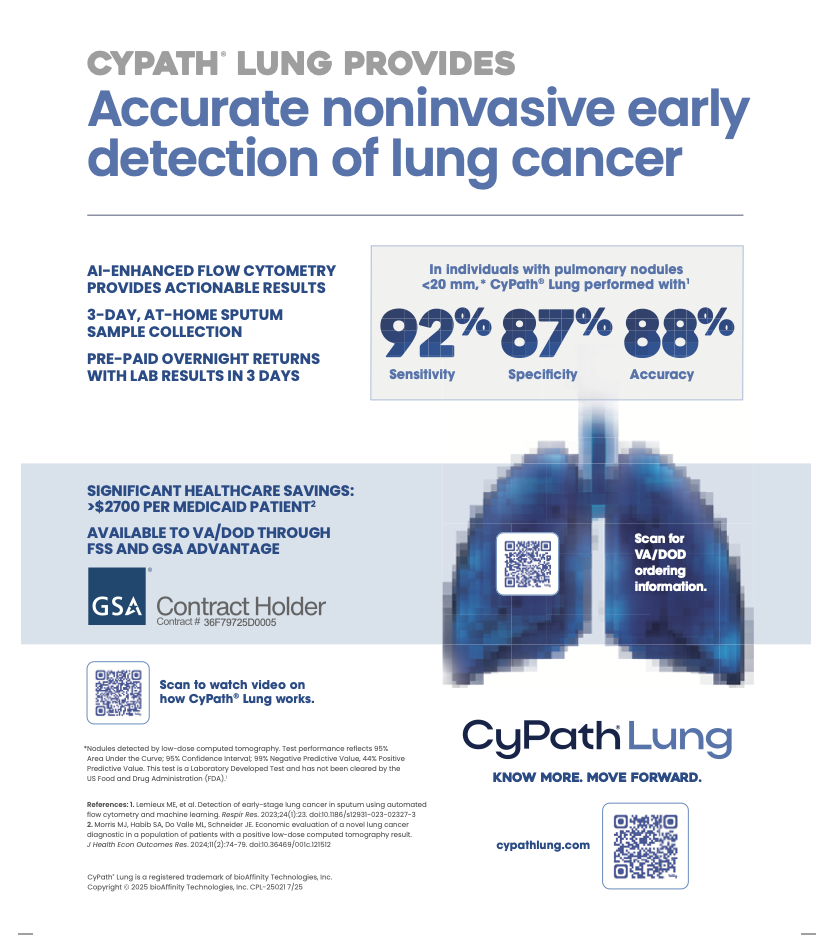“Meso-tetra (4-carboxyphenyl) porphyrin (TCPP) is incorporated into cancer cells by the CD320 receptor and clathrin-mediated endocytosis, Poster Presentation”
American Society of Cell Biology’s Cell Bio Virtual 2020; Cancer Therapy: Defining Therapeutic Targets and New Therapeutics, December 2-16, 2020
Authors
D. J. Elzi, W. E. Bauta, J. R. Sanchez, S. Mogare, T. Das, P. Zannes-Fatland, V. I. Rebel
Abstract
Porphyrins have been used successfully to treat and diagnose cancer, yet the mechanism of how porphyrins are selectively taken up and how they are retained by cancer cells compared to other cells remains poorly understood. Knowledge about the cellular uptake and retention mechanisms of porphyrins can be used to design more effective porphyrin-based diagnostics and therapeutics. We designed a flow cytometry assay to measure the cellular incorporation of meso-tetra (4-carboxyphenyl) porphyrin (TCPP) into cancer cell lines. We choose to study TCPP because it is currently used in a diagnostic assay for the early detection on lung cancer. By using inhibitors specific to different endocytosis pathways, we have shown that TCPP enters cancer cells by a clathrin-mediated-endocytosis pathway.
Cell-based ELISA assays have been performed to verify the specificity of the endocytosis inhibitors used. The LDL receptor, previously implicated in porphyrin uptake, only contributed modestly to TCPP uptake. In search of alternative TCPP entry mechanisms, we found that CD320, the cellular receptor for cobalamin/transcobalamin II (Cbl/TCN2), bound strongly to TCPP (Kd = 42 nM). Short hairpin RNA-mediated knockdown of CD320 resulted in up to 40% decrease in TCPP uptake in cell lines derived from lung, breast, and prostate cancer. The sub-cellular localization of CD320 was altered upon TCPP exposure, as measured by immunofluorescence microscopy. Our results as a whole support our hypothesis that TCPP binds to CD320 and uses this receptor to enter cancer cells. Given that cancer cells over express CD320, our research provides a reason for why TCPP accumulates in cancer cells.
Access Paper Here
https://www.abstractsonline.com/pp8/#!/9251/presentation/3915


